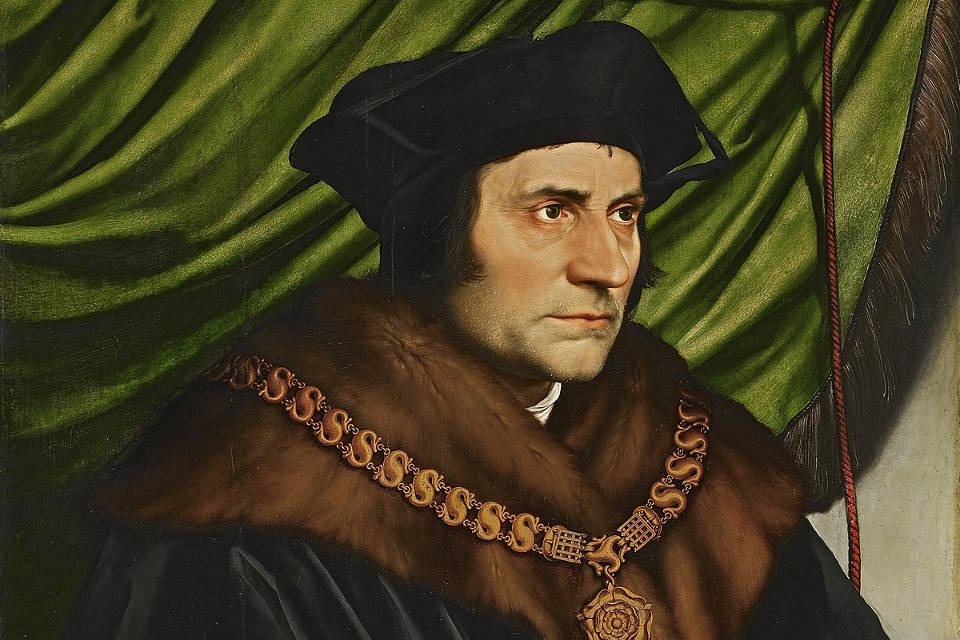
Tracing Thomas More
“I die the king’s good servant,” he told the crowd, “but God’s first.”
– St. Thomas More, A Man for all Seasons
The conference I attended in Oxford provided me the chance to visit London, and to do so in a less structured way. But with my long list of must-do’s, I had to make the most of every minute of my meager week-long stay.
One whole day was set aside for the Greenwich Meridian since this was not in the urban center, and I wanted to make sure that I get to experience stepping on two time zones. Three days had to be marked in my planner to address my museum list, and two more days for West End and green curiosities in the area. An entire day had to be reserved for the English countryside.
In the end, I found myself with one more day to spare, and I knew just how I should spend it, or rather, with whom. I just had to spend it with someone who figured both in the realm of the sacred and the earthly, whose importance is not confined to its era – the 1500s – as it stretched to an audience with modern sensibilities through theater and film adaptations of his life narrative.
So off I went to Tower Hill. From there, I could get a good view of both the Tower where the great English martyrs were guillotined and the Tower Bridge where the heads were hung. My main interest though was to go to the very spot on the Hill where Saint Thomas More breathed his last, and where he uttered a line which has inspired generations, for indeed, the great saint and Grand Chancellor Thomas More was “the king’s most faithful servant, but God’s first.”
A Man for All Seasons is a 1966 British biographical drama film based on the 1960 play of Robert Bolt of the same name and adapted for cinema by Bolt. The film and play both depict the final years of Sir Thomas More, the sixteenth century Lord Chancellor of England who refused to sign a letter asking Pope Clement VII to annul the marriage of Henry VIII to Catherine of Aragon and to take an Oath of Supremacy declaring Henry VIII Supreme Head of the Church of England.
More believed that the Act of Supremacy was contrary to the laws of God and the Catholic church and that no temporal prince could take away the prerogatives of St. Peter and his successors. When told that the English bishops had generally accepted it, More said the saints in heaven disagree.
A Man for All Seasons was a critical and box-office success. It won the Academy Award for Best Picture at the 39th Academy Awards, while the cast and crew won another five, including Best Director for Fred Zinnemann and Best Actor for Paul Scofield. It also won the Golden Globe Award for Best Motion Picture – Drama and the BAFTA Awards for Best Film and Best British Film.
Nobility and virtue have a place in popularizing media. Imbuing popular culture with faith and stories that inspire the viewer to pursue the heroic may even be the key to Christianizing the temporal world.
In the words of St. Paul while addressing the Christians at Ephesus: Instaurare omnia in Christo: fill everything with the spirit of Jesus, place Christ at the center of everything. “And I, when I am lifted up from the earth, will draw all things to myself.” (John 12:32)
(Honey Libertine Achanzar-Labor, PhD)


No Comments